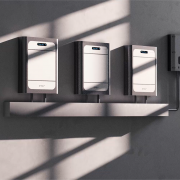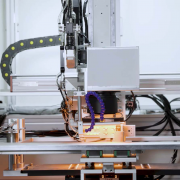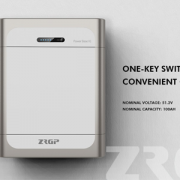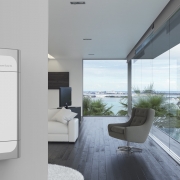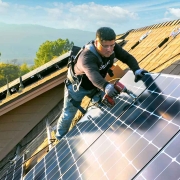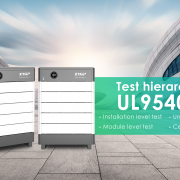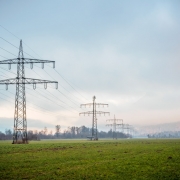AC vs. DC Coupling: Which is Best for Your Application
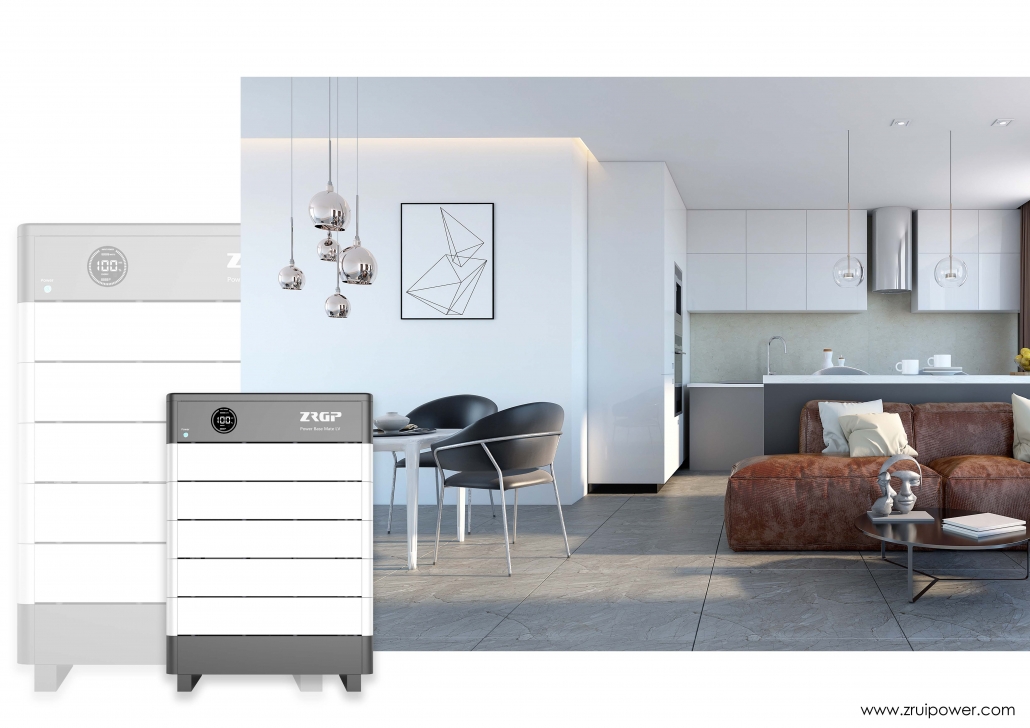
Energy storage has grown increasingly popular in recent years, and with good reason. Batteries represent the next step toward grid independence, effectively expanding the capabilities of your solar panels around the clock by allowing you to store and use your excess solar energy, both day and night.
A hotly debated topic among solar installers today is whether AC or DC coupling is the best approach for solar+storage installations and retrofits. The truth is there really is no right or wrong answer. Both approaches have their merits, and the optimal approach depends entirely upon the application.
AC-coupled vs. DC-coupled – What’s the Difference?
AC or DC coupling refers to the way in which solar panels are coupled with and interact with a battery system.
AC coupled systems require two inverters: a common grid-tied solar inverter and a battery-based inverter. This means that the energy used by the batteries may be inverted as many as three times before being used in the home — i.e., from DC (PV array) to AC (load center) through the solar inverter, then back to DC (batteries) through the battery-based inverter, and then back to AC again (home loads).
DC coupled systems use a charge controller to directly charge batteries with solar generation and a battery-based inverter to power home loads (AC).
As a result, DC coupled systems are slightly more efficient than AC coupled systems because the power is not inverted multiple times.
AC Coupled: Best for Those Who Already Have Solar
AC coupled systems can be much more convenient for retrofits in which customers want to add batteries to existing residential grid-tied solar systems. One only needs to purchase an additional battery-based inverter to connect the batteries.
Because of the ease of installation, AC coupling can be ideal for grid-tied residential battery backup systems as well as large commercial systems, especially for retrofits where solar panels have already been installed.
While AC coupled systems may be easier to install, using battery storage to cover AC loads is likely to result in a marginal decrease in efficiency.
DC Coupled: Best for Those Installing Solar and Storage Together
DC coupling is ideal for new on- and off-grid solar+storage system installations in residential and small commercial applications, but not retrofits with existing solar panels, because the existing grid-tied solar inverter must be removed entirely and replaced with a battery-based inverter. In most cases, the existing PV array wiring must be reconfigured.
The ZRGP PowerBase Mate (minimum capacity 10.24 kWh, expandable to 40.96 kWh) is a great choice for DC-coupled systems. It is a low-voltage battery system with an acquired flexible modular design with no extra cables, which provides optimized safety, life span, and performance. They are perfect batteries for all applications.
The PowerBase Mate has the flexibility to be combined with any type of energy generator, including photovoltaic, bioenergy, wind, and diesel generators. This makes it a more viable option for achieving energy independence.


